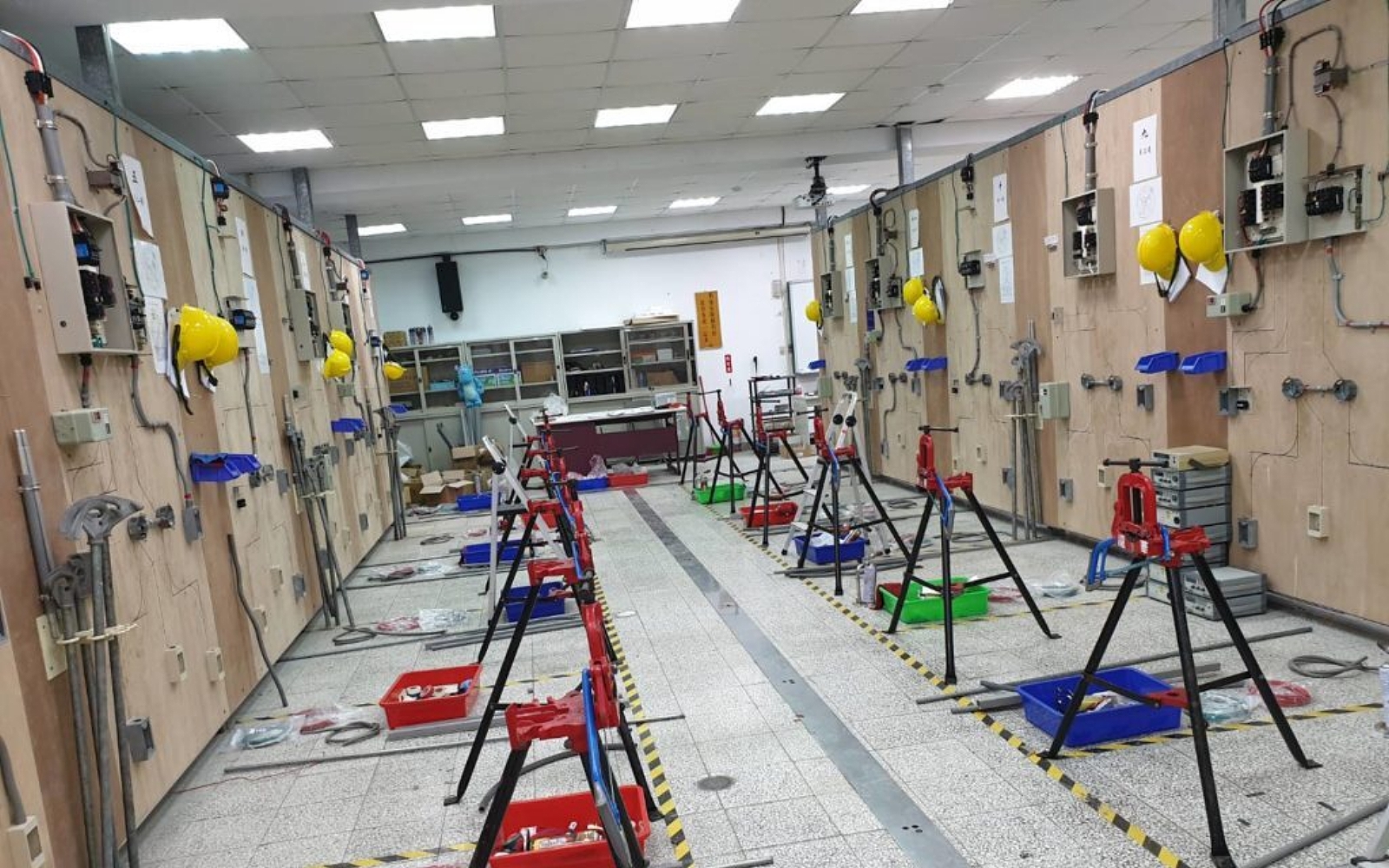Home / Academics / Department of Electrical Engineering & Master Program
Department of Electrical Engineering & Master Program

Contact Info
Tel: 886-2-82093211ext.5501
E-Mail:ee@mail.lhu.edu.tw
Website:https://eee.lhu.edu.tw/
Department Introduction
The Department of Electrical Engineering has existed since the university was founded in 1969, and it is one of the university's oldest departments. The college was renamed the Institute of Technology in 1998 because of its excellent education. The Department of Electrical Engineering was renamed accordingly. It provides two-year technical, four-year technical, and two-year junior college programs. In 2001, the department was approved to give a master's degree in electrical engineering in 2002. There are five educational systems: a day school for a four-year technical program, a division for continuing education for a four-year and two-year technical program, a master's program, and a five-year junior college. As a result of the university's full support over the years, the department has passed the IEET Engineering Accreditation Certification (EAC) and Technology Accreditation Certification (TAC), bringing them up to international standards. In addition, graduates have been praised for their success in entrepreneurship, careers, and higher education.
Development Features
The Department of Electrical Engineering designed three industry-specific modules, including Electrical Control, Communication and Optoelectronics, and System Design, based on suggestions from industry representatives and experts. The goal is to develop a comprehensive curriculum for the department to meet the needs of large/small power in electrical engineering and software/hardware co-structure technology. The Electrical Control Program combines traditional power distribution practices with renewable energy and automatic control as the main development direction, which is the best way to enter the development of Industry 4.0. The Communication and Optoelectronics Program focuses on wireless and optoelectronic components in preparation for the 5G communication revolution. In the System Design Program, embedded systems are integrated with hardware and software to develop intelligent living environments.
Professional Facilities
The department's practical training rooms/ laboratories are currently used for teaching, research, and practice in electrical control, system design, and communication optoelectronics. Several new exam halls have been created over the last few years for competency certification, including ones for the International Digital Logic Design Certification, Electronic Component Unsolder Certification, Single Chip Certification, and TI Advanced Micro-controller Certification.
